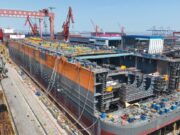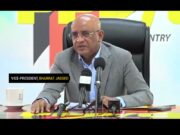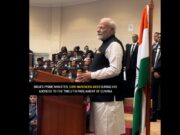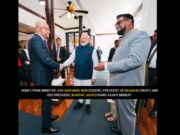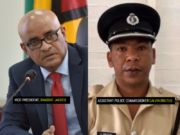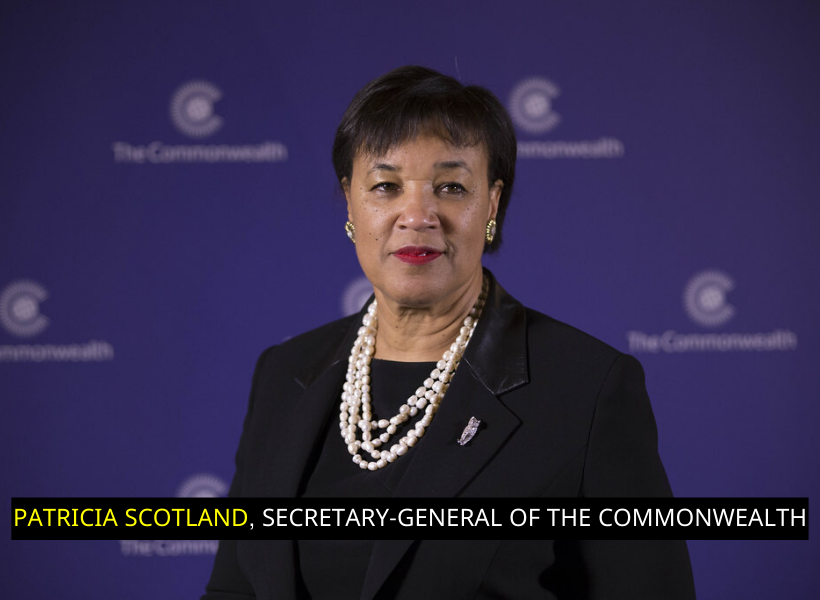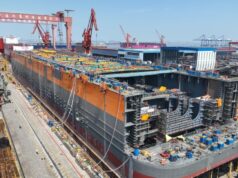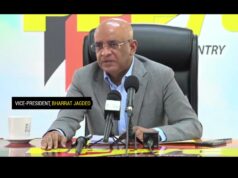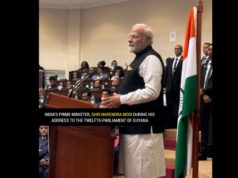The Commonwealth Secretary-General, Patricia Scotland, KC, has voiced her deep concern regarding the decision made by the Venezuelan National Assembly on 21 September. The assembly’s decision pertained to the organization of a referendum concerning the status of the Essequibo region, which is an integral part of the sovereign territory of the Cooperative Republic of Guyana, with the scheduled date set for December 3, 2023.
Secretary-General Scotland, speaking on this escalating situation, emphasized the Commonwealth’s unwavering support for the Government and people of Guyana, along with their partners in CARICOM. They would have jointly expressed their apprehension regarding the questions raised in the planned referendum.
She stated, “The Commonwealth stands for the rule of law and reaffirms its firm and steadfast support for the maintenance and preservation of the sovereign and territorial integrity of Guyana, as well as the unobstructed exercise of its rights to develop the entirety of its territory for the benefit of its people.”
The referendum, in question, includes five questions that have raised concerns about Guyana’s territorial integrity and sovereignty. Question Five, in particular, proposed the creation of a Venezuelan state in Guyana Essequibo, along with an accelerated plan to grant Venezuelan citizenship and identity cards to the Guyanese population. Such actions run counter to international law, which strictly prohibits the seizure and annexation of one country’s territory by another.
She said the language used in these questions has exacerbated tensions, posing a significant threat to the peace and stability not only within a member state of the Commonwealth Family but also in the wider Caribbean region.
During the most recent meeting of the Commonwealth Ministerial Group on Guyana, held on 17 September 2023, the group reiterated its unwavering support for the ongoing judicial process before the International Court of Justice (ICJ). This process was initiated under the 1966 Geneva Agreement, and the Commonwealth continues to encourage Venezuela’s participation in this internationally recognized legal process.
The ICJ had previously determined, in April of the same year, that it possessed the legal jurisdiction to address this longstanding territorial dispute. As such the Commonwealth remains a staunch advocate for the use of the ICJ to arbitrate on this matter. It is worth noting that the timing of the referendum, scheduled just one month before the Presidential elections in Venezuela, is seen as incompatible with the principles of peaceful dispute resolution.
